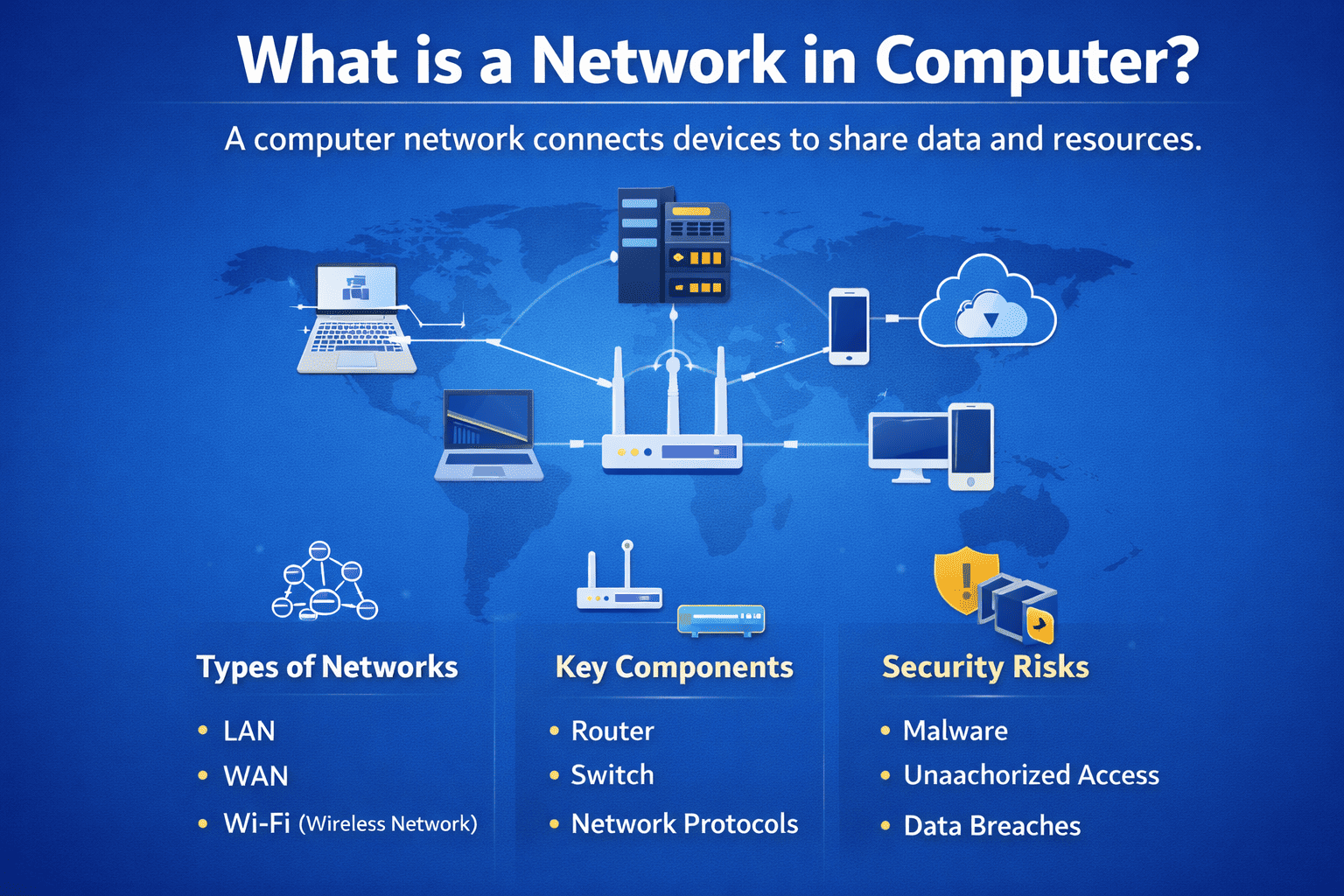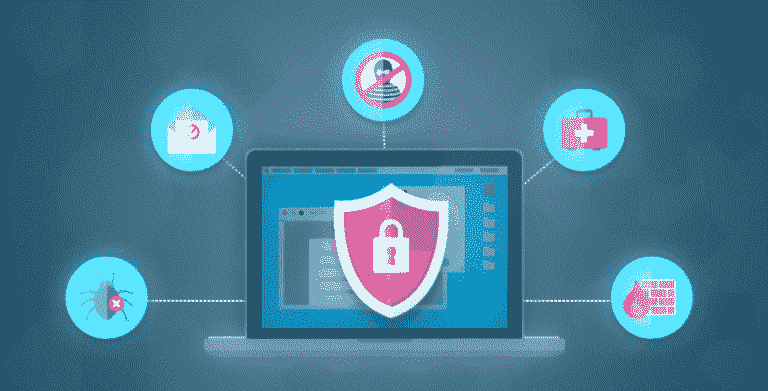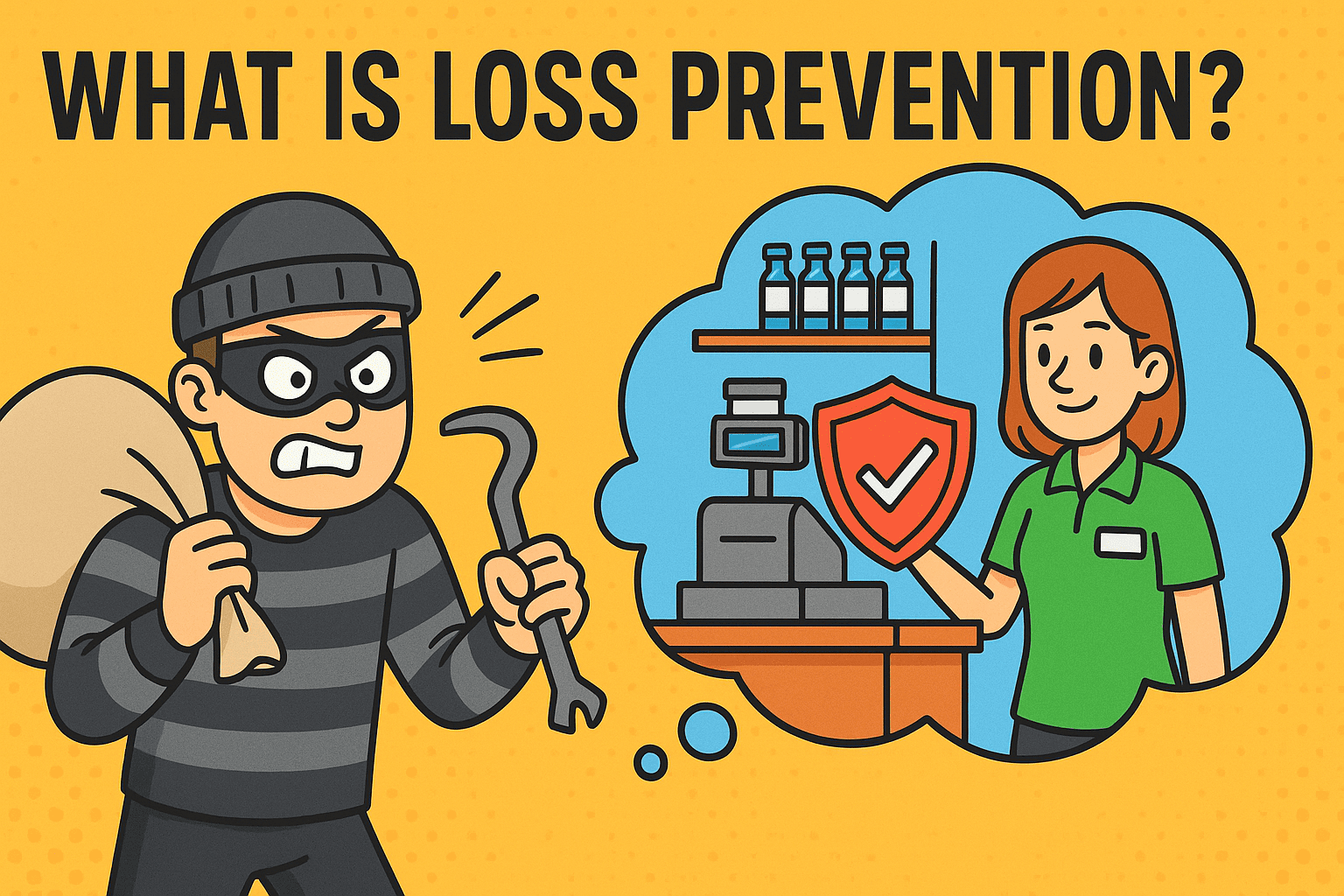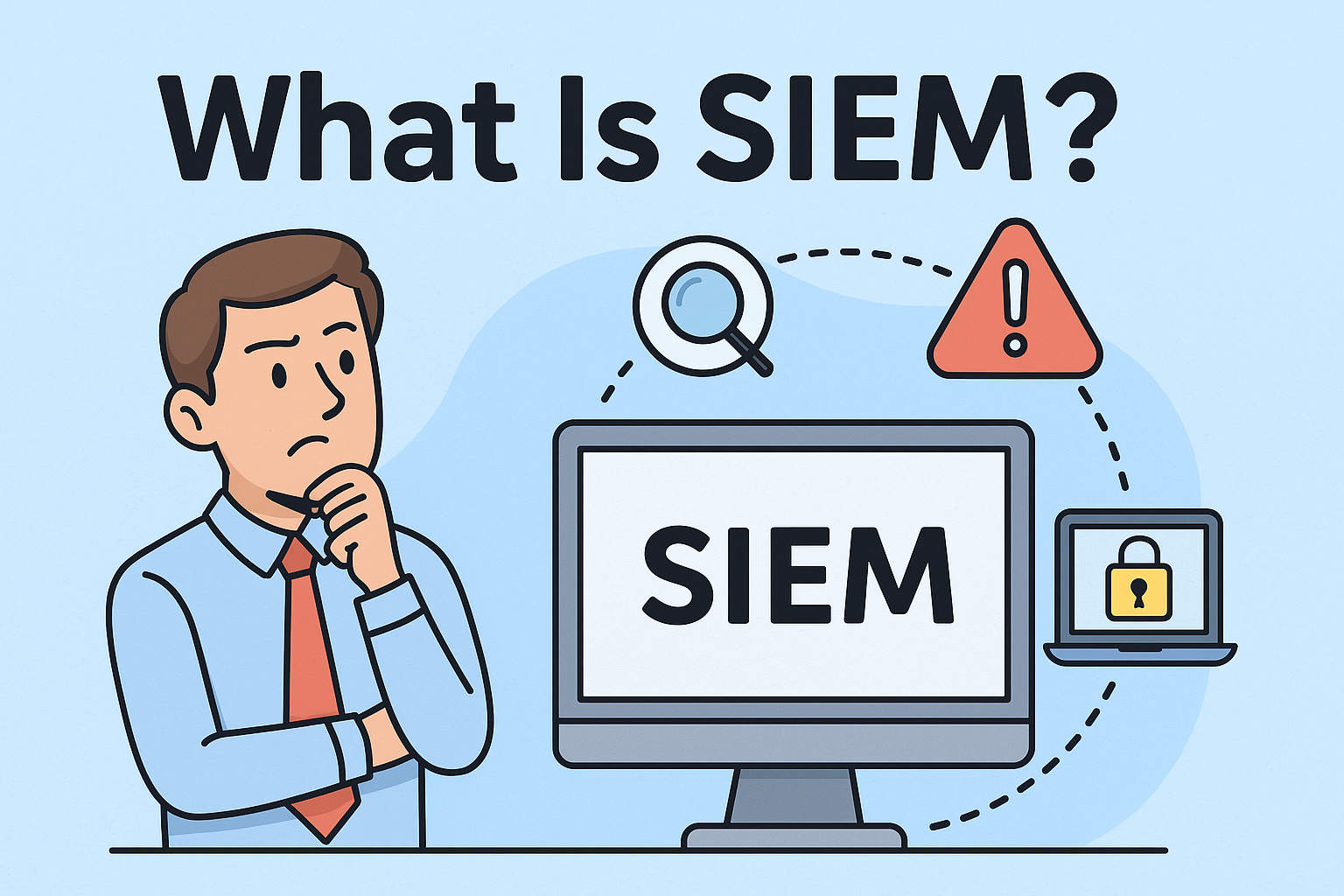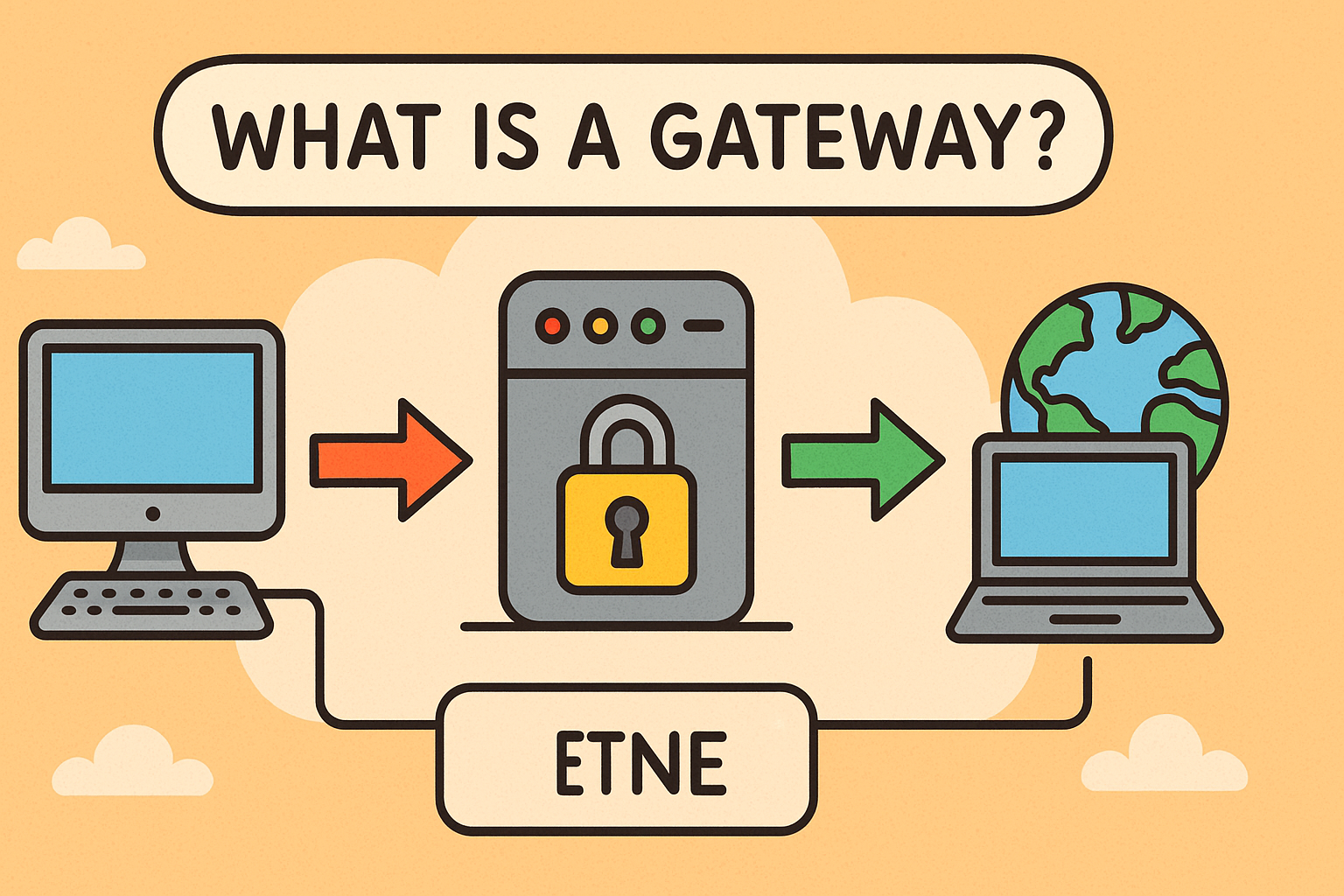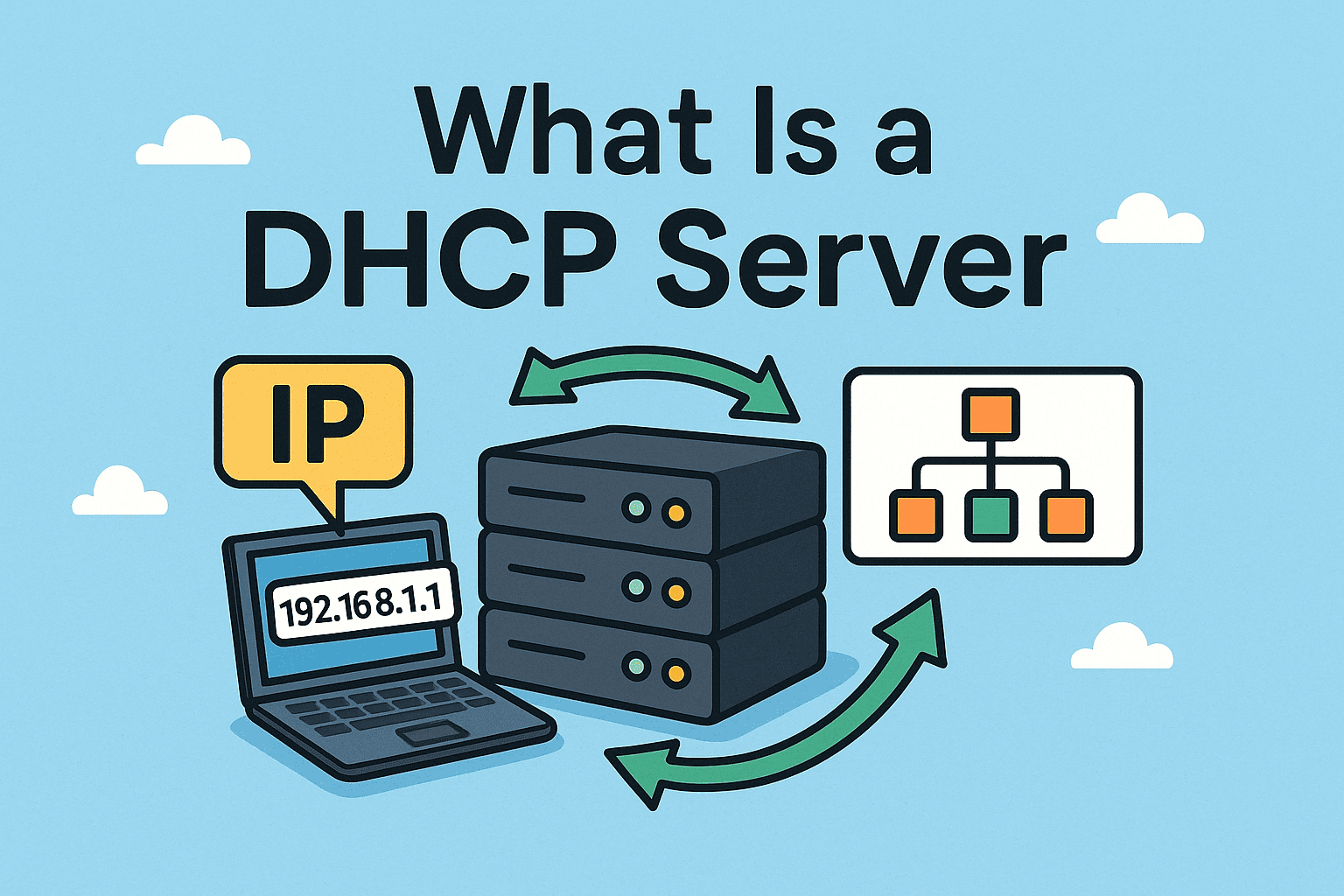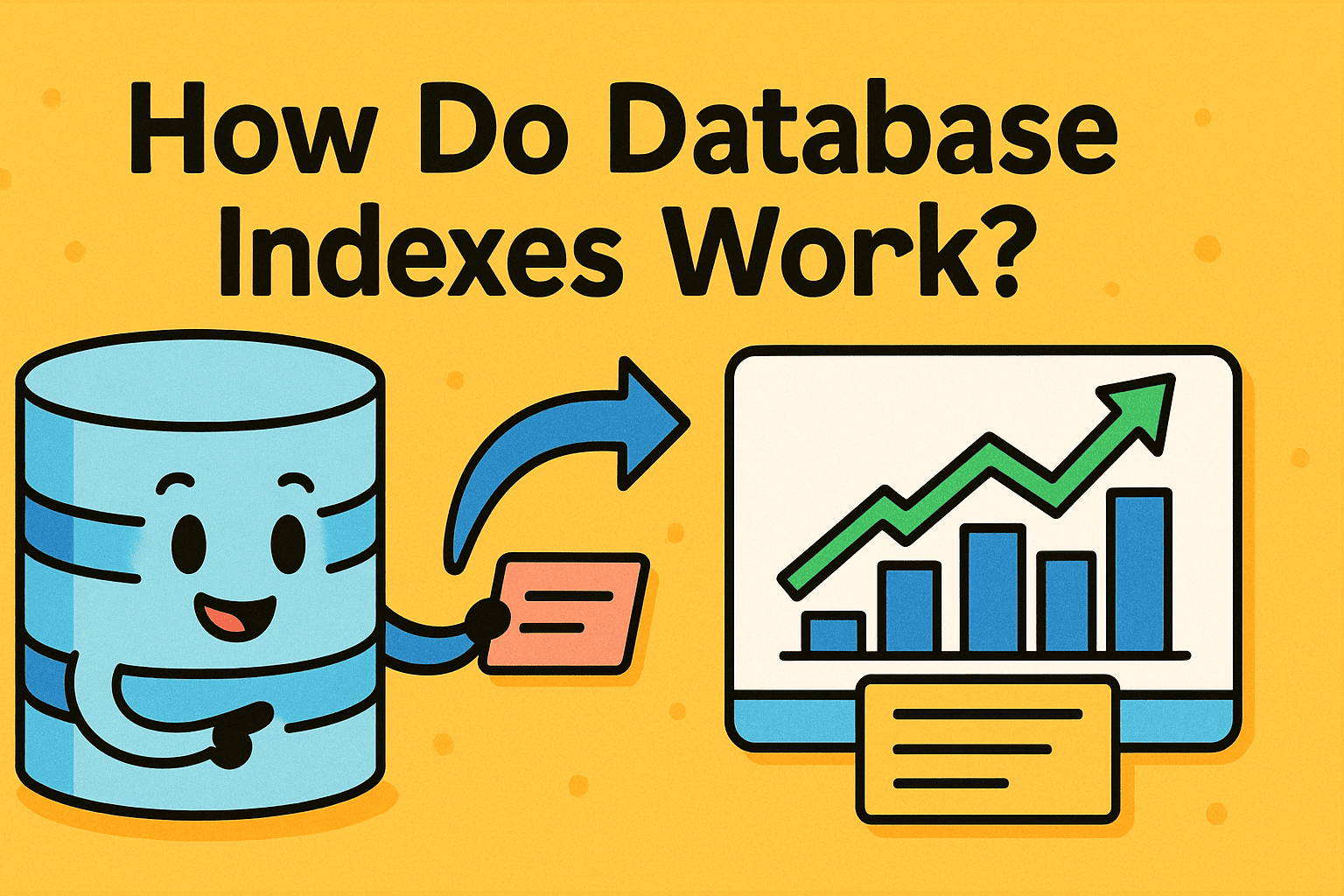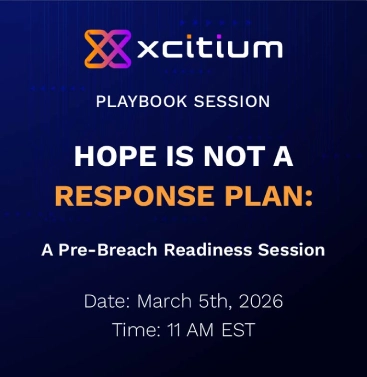Introduction: Why APIs Matter More Than Ever
Updated on June 3, 2025, by Xcitium
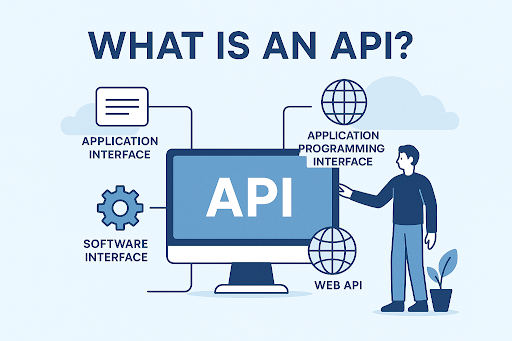
Have you ever wondered how your mobile banking app pulls real-time account data or how a third-party platform integrates with your CRM system? The secret sauce is an API, or Application Programming Interface.
In today’s hyperconnected digital ecosystem, understanding what an API is isn’t just for developers. Whether you’re a cybersecurity expert, an IT manager, or a CEO charting a tech-forward future, APIs are the backbone of digital transformation. They fuel secure data exchange, enhance interoperability, and play a vital role in protecting infrastructure.
This guide breaks down the concept of an API in a way that’s clear, practical, and relevant to security-minded decision-makers.
What Is an API? (Definition + Analogy)
An API (Application Programming Interface) is a set of rules and protocols that allow different software systems to communicate with one another.
Think of it like a restaurant menu:
- You (the client) order from the menu (API)
- The waiter (software interface) delivers your order to the kitchen (backend system)
- The chef (server) prepares your meal (response), which is then served back to you
This structured interaction ensures clarity, security, and efficiency, especially when handling sensitive or proprietary data.
Types of APIs: Know Your Interface
APIs come in different forms, depending on the nature of communication and security needs:
1. Web APIs
- Used for browser-based applications and services
- Examples: REST, SOAP, GraphQL
2. Open APIs (Public)
- Available for external developers (e.g., Google Maps API)
3. Internal APIs
- Used within an organization to improve integration
4. Partner APIs
- Shared selectively with strategic partners under strict access controls
Each type serves a unique business or technical purpose, making the application interface a key driver of software architecture.
How APIs Work: Behind the Curtain
Key Components:
- Endpoint: The URL through which the API can be accessed
- Request: The data sent by the client
- Response: The data returned by the server
- Methods: GET, POST, PUT, DELETE
- Authentication: Often via API keys, OAuth tokens, or certificates
When a cybersecurity tool scans traffic, for example, it may use an API to fetch threat intelligence in real time from a third-party service.
Why APIs Matter for Cybersecurity & IT Management
APIs do more than connect software—they protect your ecosystem.
Security Use Cases:
- Threat intelligence sharing
- User authentication across platforms
- Data encryption and secure communication
Management Benefits:
- Simplified integration with monitoring tools
- Enhanced visibility and control
- Scalable application development
Modern APIs are designed with a security-first architecture, making them an essential tool in your cyber defense toolkit.
Real-World API Examples by Industry
Finance
- Payment gateways (Stripe, PayPal APIs)
- Fraud detection engines
Healthcare
- EHR integrations
- HIPAA-compliant data exchange APIs
E-Commerce
- Inventory and order management systems
- Customer personalization engines
Government
- Open data APIs for transparency
- Internal automation through secure interfaces
These software interfaces enable both innovation and compliance.
Best Practices for API Security
- Use Authentication & Authorization
- Apply Rate Limiting
- Encrypt Data in Transit
- Regularly Audit API Logs
- Avoid Overexposing Endpoints
- Adopt Zero Trust Principles
By embedding these strategies, you fortify your infrastructure against API-specific vulnerabilities.
API Integration Tips for IT Leaders
- Choose REST or GraphQL based on use case
- Document internal APIs for easy reuse
- Monitor latency and uptime metrics
- Centralized API management for visibility
Modern IT stacks depend heavily on well-managed, secure APIs.
Conclusion: API Awareness = Operational Advantage
Understanding what an API is gives your organization a strategic edge. APIs streamline operations, strengthen cybersecurity, and open new paths to digital innovation.
Ready to see how secure, intelligent APIs can transform your operations?
👉 Request a personalized demo from Xcitium
FAQs About APIs
1. What is an API in simple terms?
An API is like a digital messenger that lets two applications talk to each other securely and efficiently.
2. Are APIs secure by default?
No. APIs must be properly secured using authentication, encryption, and monitoring tools.
3. How do APIs help in cybersecurity?
They enable secure data exchange, automate threat intelligence, and enforce authentication protocols.
4. What’s the difference between API and web service?
All web services are APIs, but not all APIs are web services. APIs can use various protocols beyond HTTP.
5. Why should executives understand APIs?
Because APIs influence scalability, compliance, and competitive differentiation.




